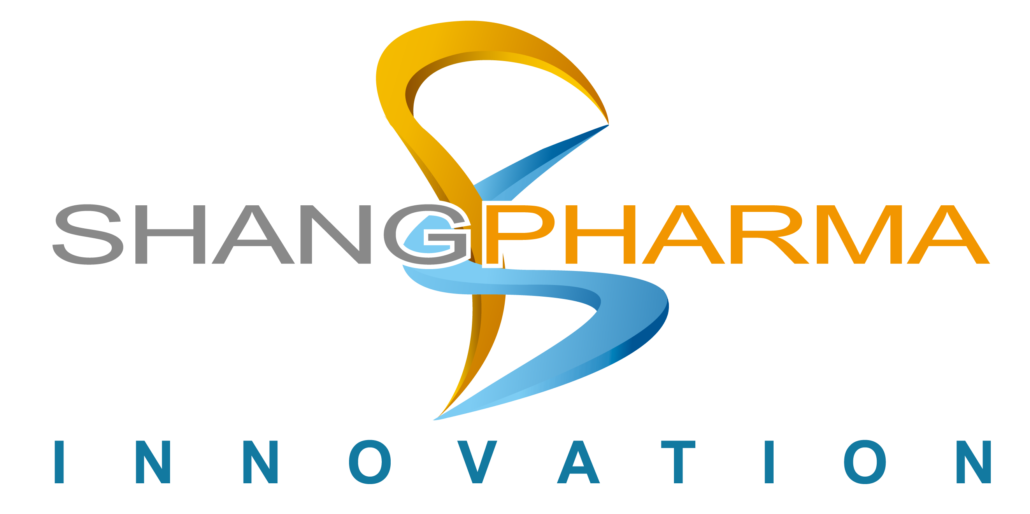Artios Pharma, MD Anderson and ShangPharma Announce In-Licensing Agreement for DNA Damage Response Inhibitor
CAMBRIDGE, England and HOUSTON and SOUTH SAN FRANCISCO, Calif., Nov. 6, 2019 /PRNewswire/ — Artios Pharma Limited (Artios), The University of Texas MD Anderson Cancer Center (MD Anderson) and ShangPharma Innovation (ShangPharma) today announce the in-licensing by Artios of a small-molecule ATR inhibitor programme, developed jointly by MD Anderson and ShangPharma.
Under the agreement, Artios has exclusive rights to research, develop, manufacture and commercialize products globally. The lead candidate is expected to be ready for Investigational New Drug (IND) application by the second half of 2020.
“This programme has the potential to be a highly effective DNA damage response (DDR) targeted treatment in cancer. We look forward to advancing the work done by MD Anderson and ShangPharma for the benefit of cancer patients,” said Dr. Niall Martin, Chief Executive Officer at Artios Pharma. “The addition of the ATR programme further supports our position as a leader in the DDR space and strengthens our growing portfolio of assets, which includes a leading Polθ programme, currently in candidate IND evaluation, and a large discovery stage platform of novel DNA repair nuclease inhibitors.”
The ATR inhibitor programme is the result of an extensive collaboration between MD Anderson’s Therapeutics Discovery team and ShangPharma. Therapeutics Discovery is a multidisciplinary team created within MD Anderson to advance the next generation of cancer therapies to answer unmet oncology needs.
“Targeting DNA damage repair has the potential to provide an important therapeutic option for many patients in need of new treatments,” said Philip Jones, Ph.D., vice president of Therapeutics Discovery at MD Anderson. “We are pleased Artios will leverage its unique expertise in this field to advance this novel therapy toward the clinic to improve outcomes for cancer patients.”
ATR[1] is an important signalling protein in DNA double strand break repair and replication stress. Through inhibition of ATR, tumours bearing an ATM[2] deficiency can be selectively killed through a concept known as synthetic lethality. High levels of ATM mutations and protein loss have been characterised across many different tumour types, creating a significant opportunity for ATR inhibitors clinically. Based on clinical observations at MD Anderson, Therapeutics Discovery engaged with ShangPharma and its affiliate, ChemPartner, to develop small-molecule inhibitors of the DDR that could benefit patients across multiple cancer types.
“We are proud of the entire collaboration team, including ChemPartner, led by Sarah Lively, Ph.D., vice president of Innovation and New Technologies, for advancing the programme from early-stage research to formal drug discovery and development,” said Walter Moos, Ph.D., CEO of ShangPharma Innovation. “We are pleased to transition this important programme to the capable development team at Artios, and we hope this ultimately provides an impactful therapy for those afflicted with cancer.”
About Artios Pharma Limited
Artios is a leading DNA Damage Response (DDR) company focused on developing first-in-class treatments for cancer. The Company, founded by SV Health Investors in 2016, is led by an experienced scientific and leadership team with proven expertise in DDR drug discovery. It has a unique partnership with Cancer Research UK (CRUK), and collaborations with leading DNA repair researchers worldwide, such as The Institute of Cancer Research (ICR), London, the Netherlands Cancer Institute (NKI) and the National Centre for Biomolecular Research at Masaryk University in the Czech Republic. Artios is building a pipeline of next-generation DDR programmes to target hard to treat cancers. Backed by blue chip investors including: AbbVie Ventures, Andera Partners, Arix Bioscience, IP Group plc, LSP, M Ventures, Novartis Venture Fund, Pfizer Ventures and SV Health Investors. Artios is based in Cambridge, UK and New York City, USA. For more information, please visit www.artiospharma.com
About MD Anderson
The University of Texas MD Anderson Cancer Center in Houston ranks as one of the world’s most respected centers focused on cancer patient care, research, education and prevention. The institution’s sole mission is to end cancer for patients and their families around the world. MD Anderson is one of only 50 comprehensive cancer centers designated by the National Cancer Institute (NCI). MD Anderson is ranked No.1 for cancer care in U.S. News & World Report’s “Best Hospitals” survey. It has ranked as one of the nation’s top two hospitals for cancer care since the survey began in 1990, and has ranked first 15 times in the last 18 years. MD Anderson receives a cancer center support grant from the NCI of the National Institutes of Health (P30 CA016672).
About ShangPharma Innovation Inc.
ShangPharma Innovation Inc. is a healthcare venture capital firm that accelerates and facilitates pharmaceutical discovery and development. With a focus on therapeutics and technology platforms, ShangPharma Innovation offers funding, incubator space and other support to its ecosystem of portfolio companies, collaborators and partners. This includes sponsoring biotech start-ups and proof-of-concept research at major academic and medical centers and research institutes. ShangPharma maintains an active relationship with its affiliate and preferred provider, ChemPartner, a full-service preclinical CRO. For more information, see www.spiivc.com and www.chempartner.com.
About ATR & ATM
ATM and ATR kinases are key mediators of DNA damage response (DDR) which induce cell cycle arrest and facilitate DNA repair via their downstream targets. Inhibiting the DDR has become an attractive therapeutic concept in cancer therapy, since resistance to genotoxic therapies has been associated with increased DDR signaling, and many cancers have defects in certain components of the DDR rendering them highly dependent on the remaining DDR pathways for survival. ATM and ATR act as the apical regulators of the response to DNA double strand breaks and replication stress, respectively, with overlapping but non-redundant activities. (Weber AM; Ryan AJ Pharmacol Ther. 2015 May; 149:124-38.)
